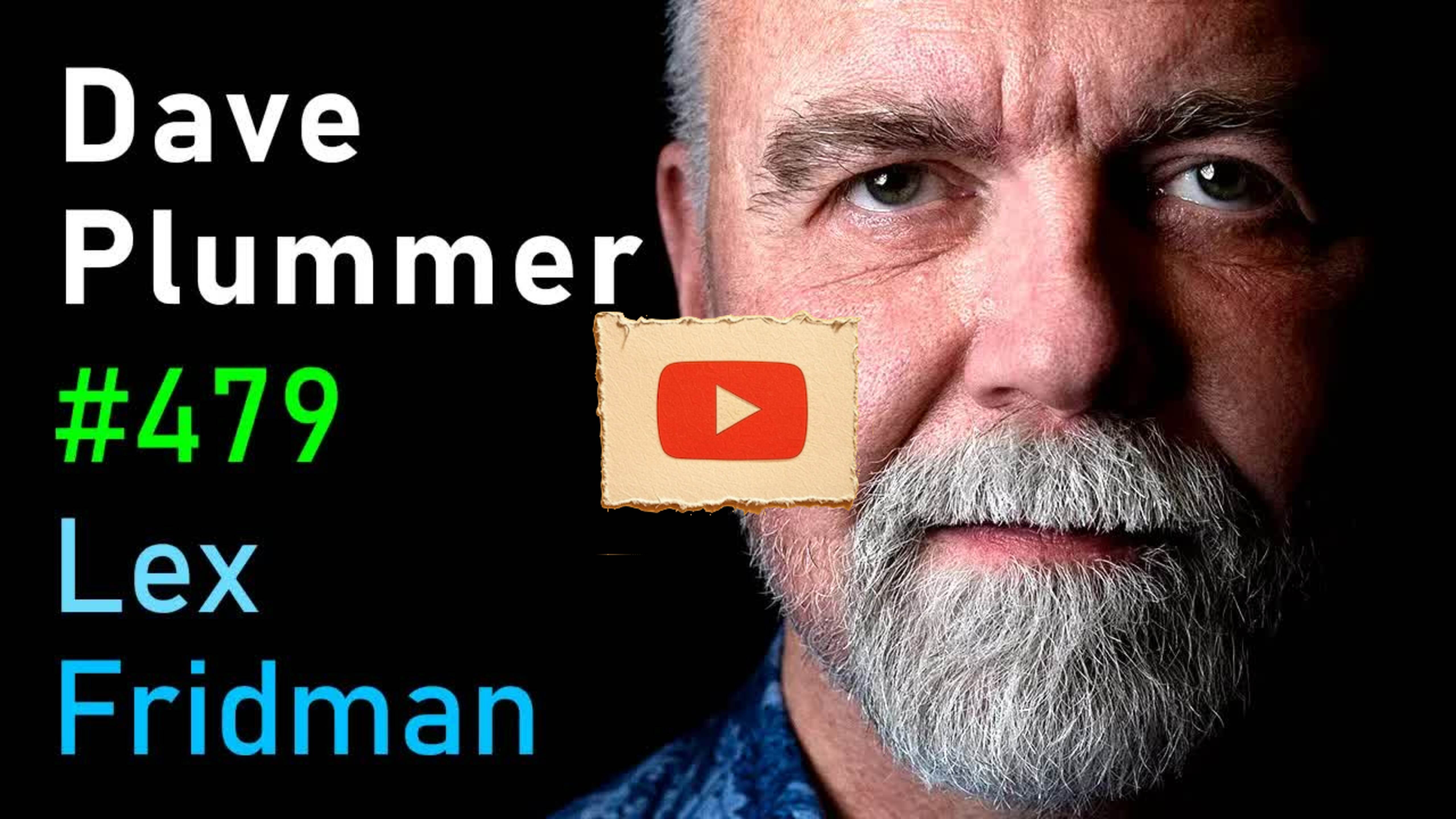Key Points
- Dave Plummer is a legendary Microsoft engineer who created Windows Task Manager, zip file support in Windows, and ported Space Cadet Pinball to Windows
- He started programming on a TRS-80 Model 1 at age 11, riding his bike to Radio Shack to use their display computer
- He dropped out of high school but later returned, finished, and went to university after working at 7-Eleven
- Task Manager was originally just 87KB in size and was designed to be extremely reliable and responsive
- He worked on MS-DOS, Windows 95, and Windows NT, porting the Windows 95 shell to NT
- Windows activation was implemented by him late in Windows XP's development cycle
- He has autism and describes monotropism as the fundamental theory - intense focus on one thing at a time
- Masking (acting neurotypical in social situations) requires significant effort for people with autism
- The 640KB memory limitation in MS-DOS meant every kilobyte used by the OS was unavailable to users
- He learned multiple assembly languages (x86, MIPS, Alpha, PowerPC) because debugging was done entirely in assembly
- He created Hyperache, a file system cache for Amiga, to pay his way through college
- The Windows blue screen of death colors were chosen simply because they matched the developer's editor color scheme
- He reverse-engineered the Atari Tempest game and is building an AI using reinforcement learning to beat his world record
- His advice for autistic programmers: sell what you can do, not yourself - show your portfolio and actual work
- He manages a GitHub project comparing performance of 100+ programming languages implementing the same prime number algorithm
- Space Cadet Pinball physics differ slightly from the original because he draws frames as fast as possible instead of limiting to 30fps
- He believes future programming will involve describing component interactions to AI rather than writing individual lines of code
- His meaning of life: making complex things that are useful to other people while leveraging his creative abilities
Full Transcript
 Great Pods
Great Pods
 Great Pods
Great Pods